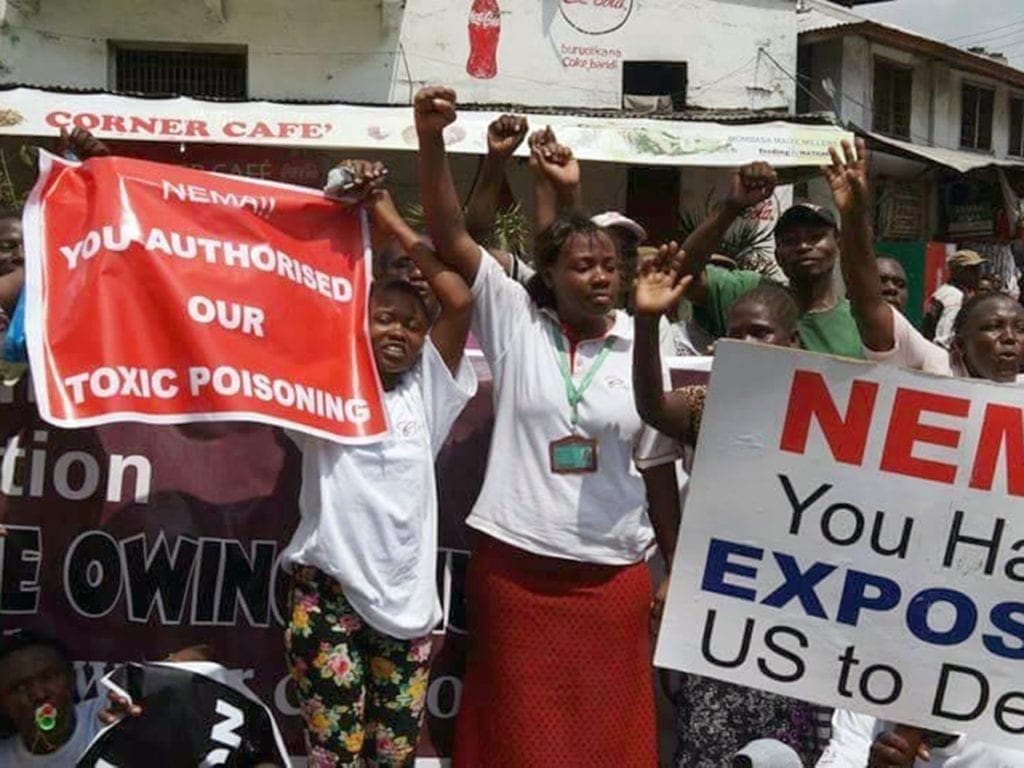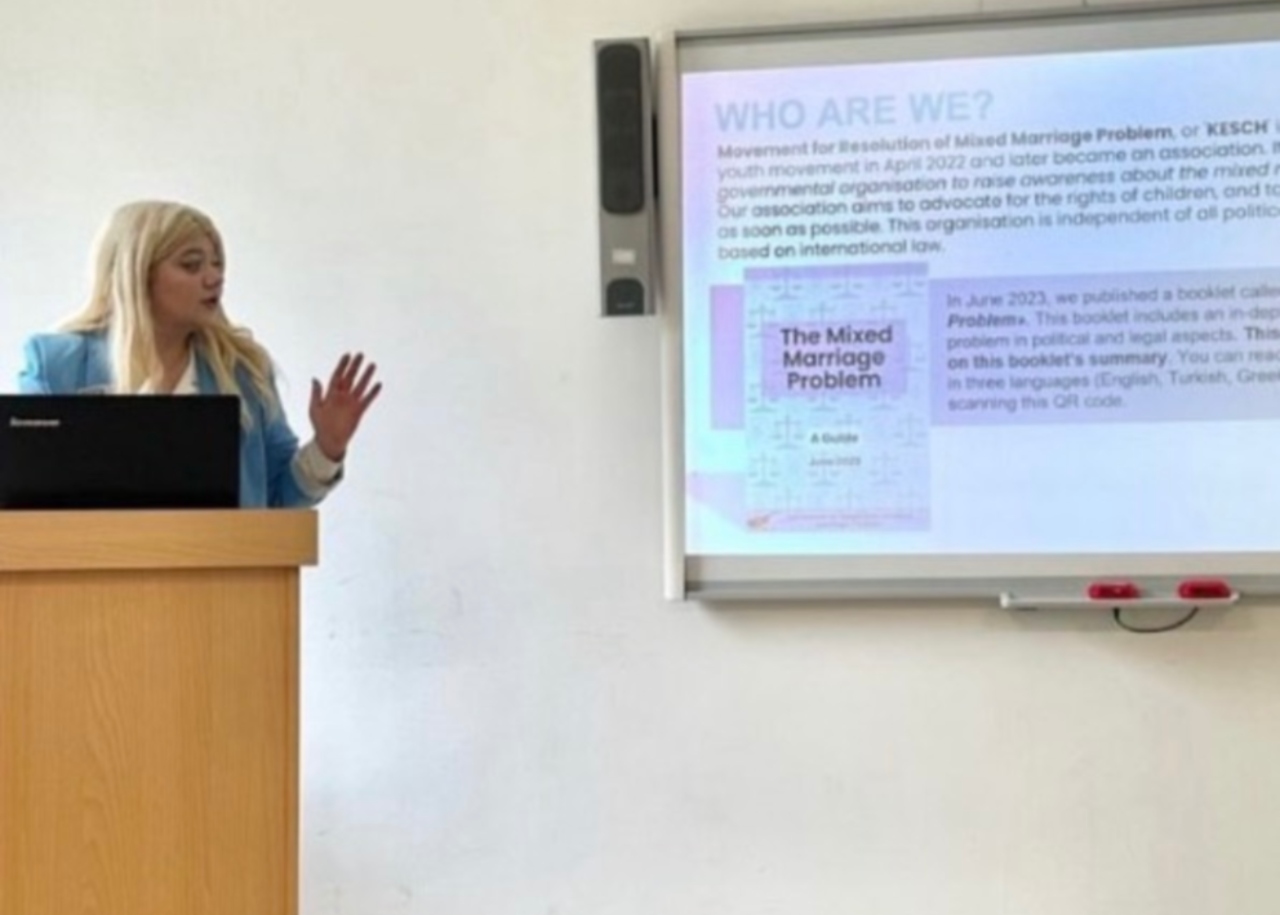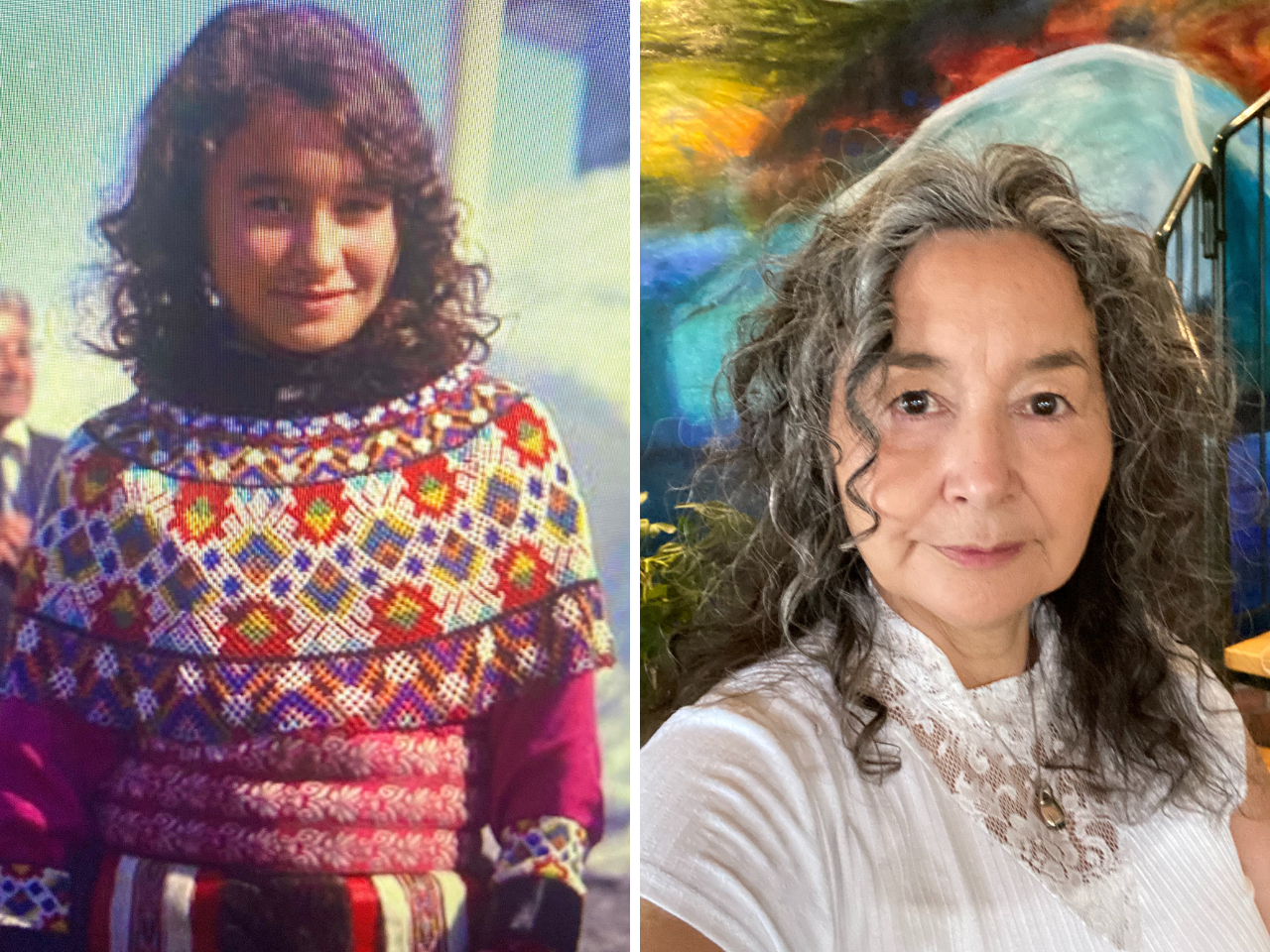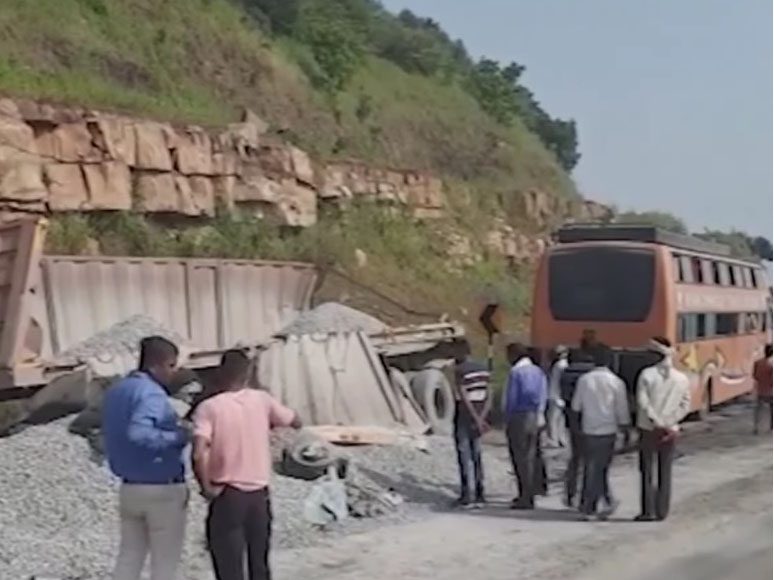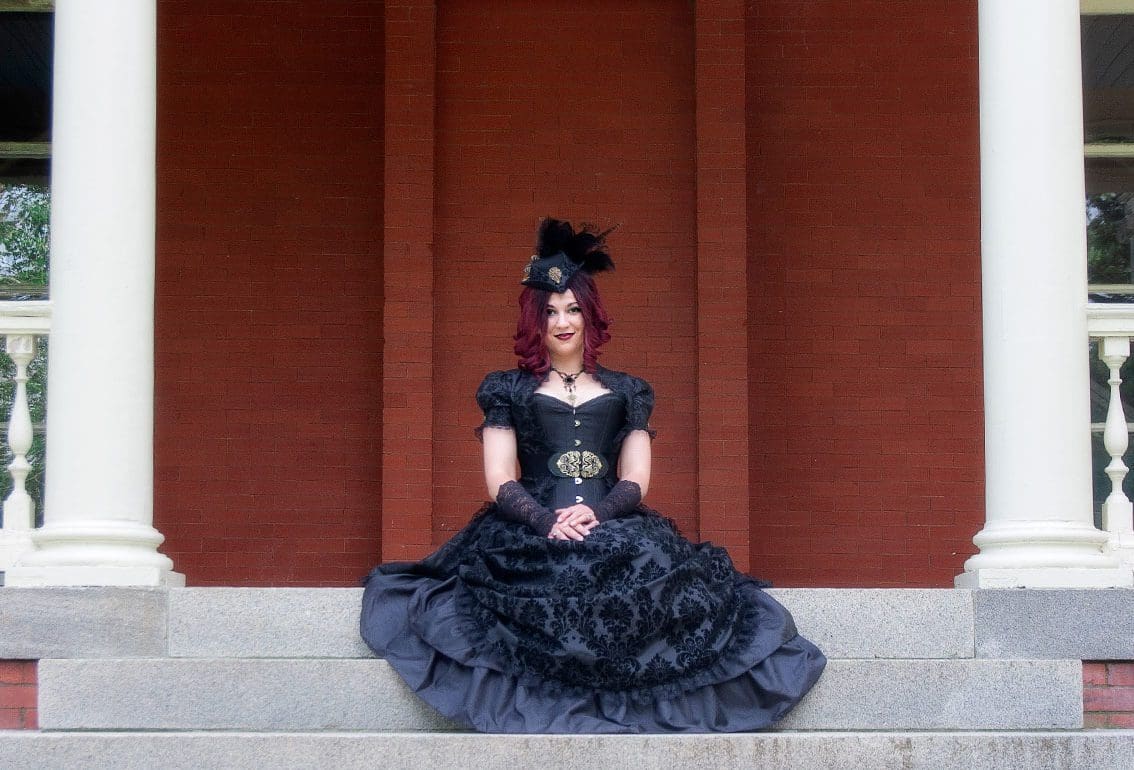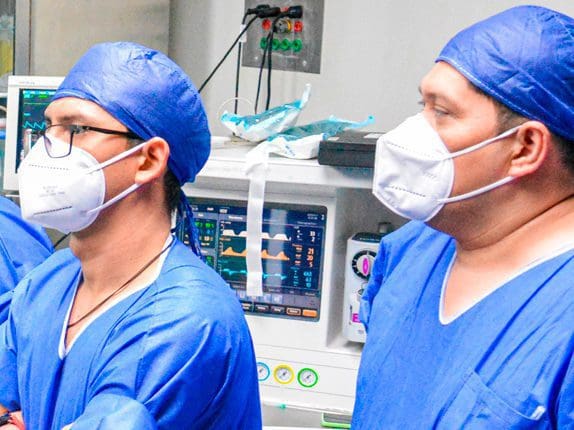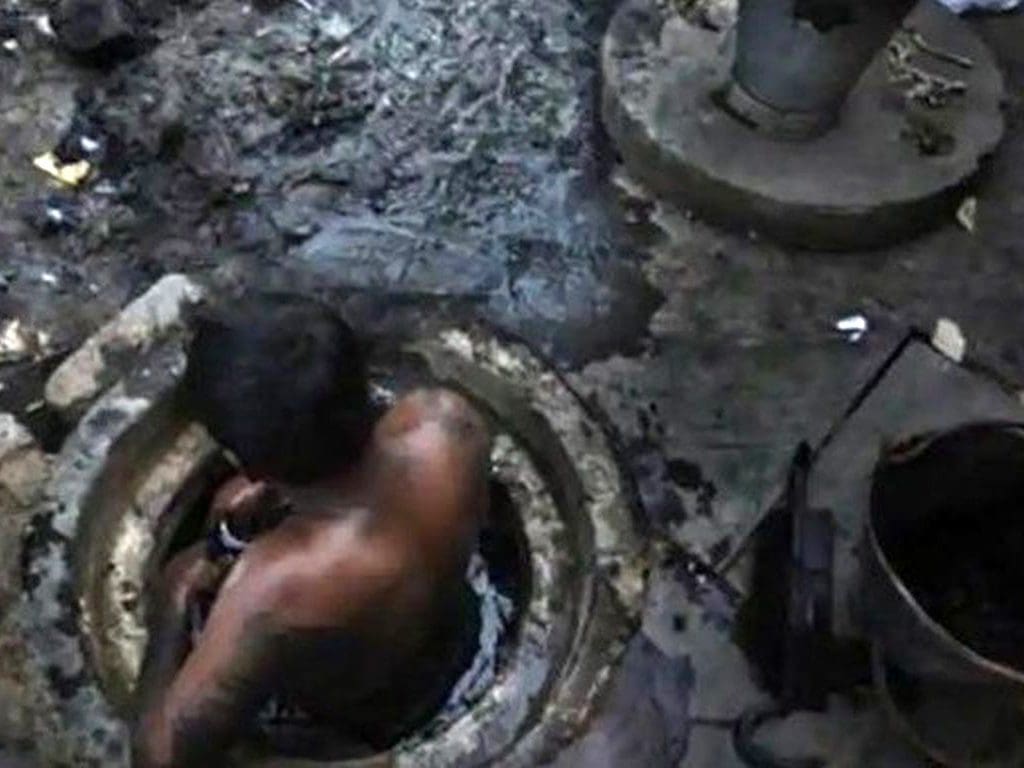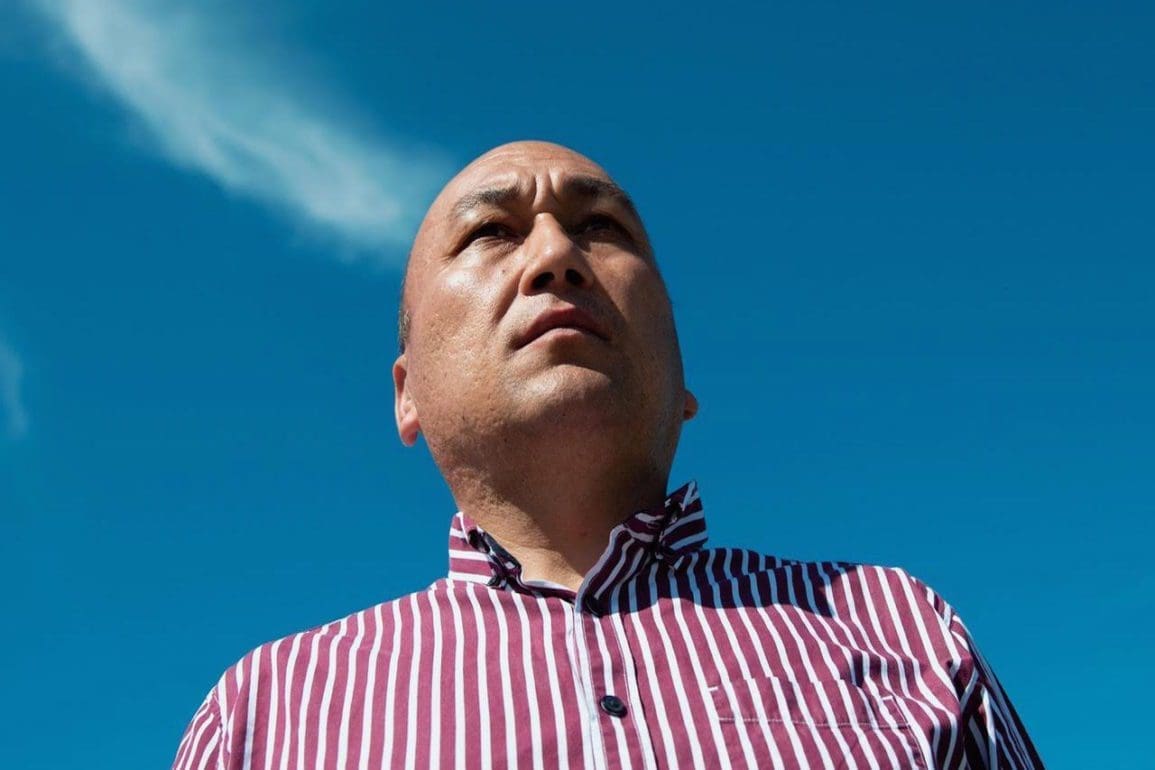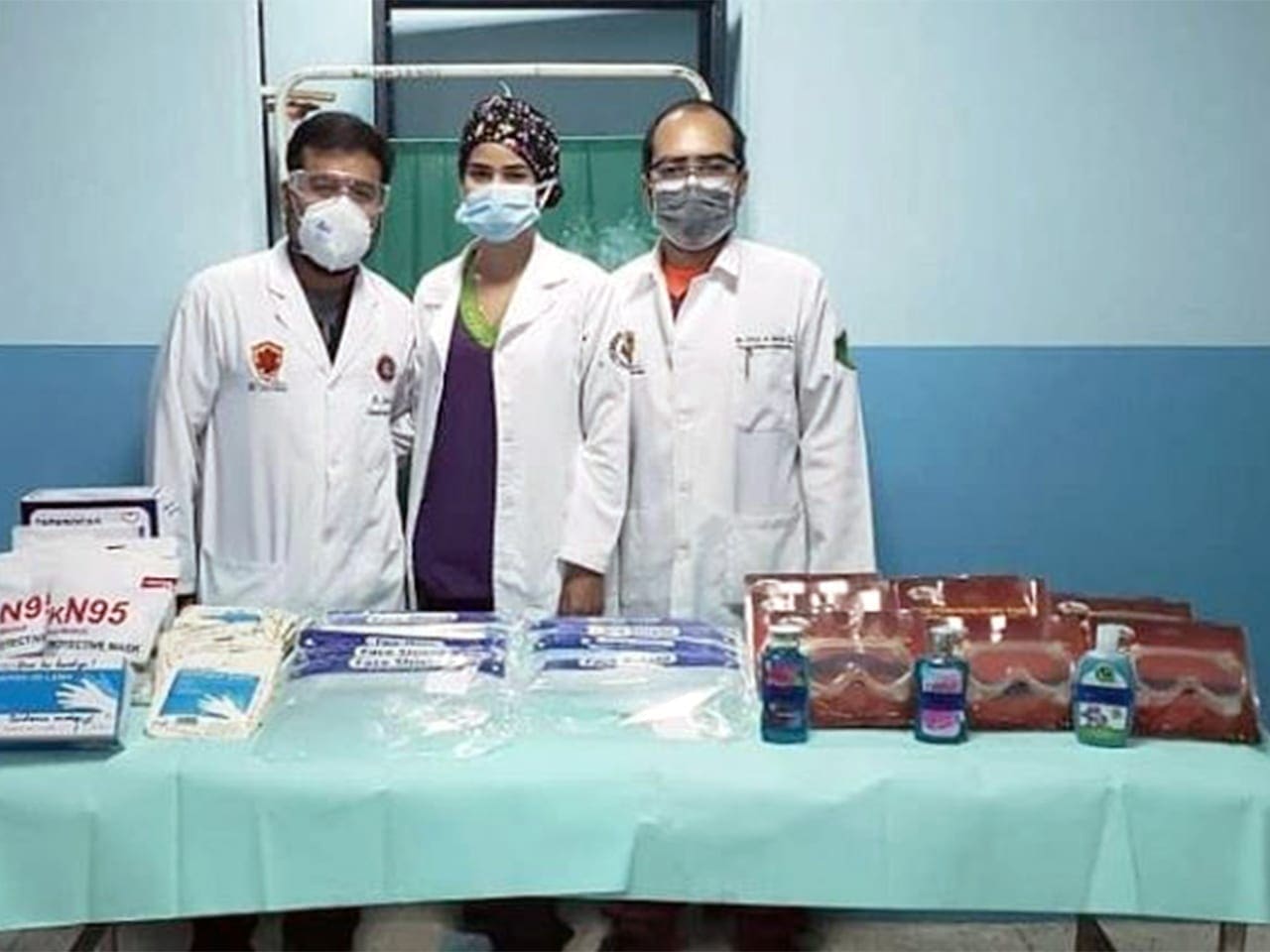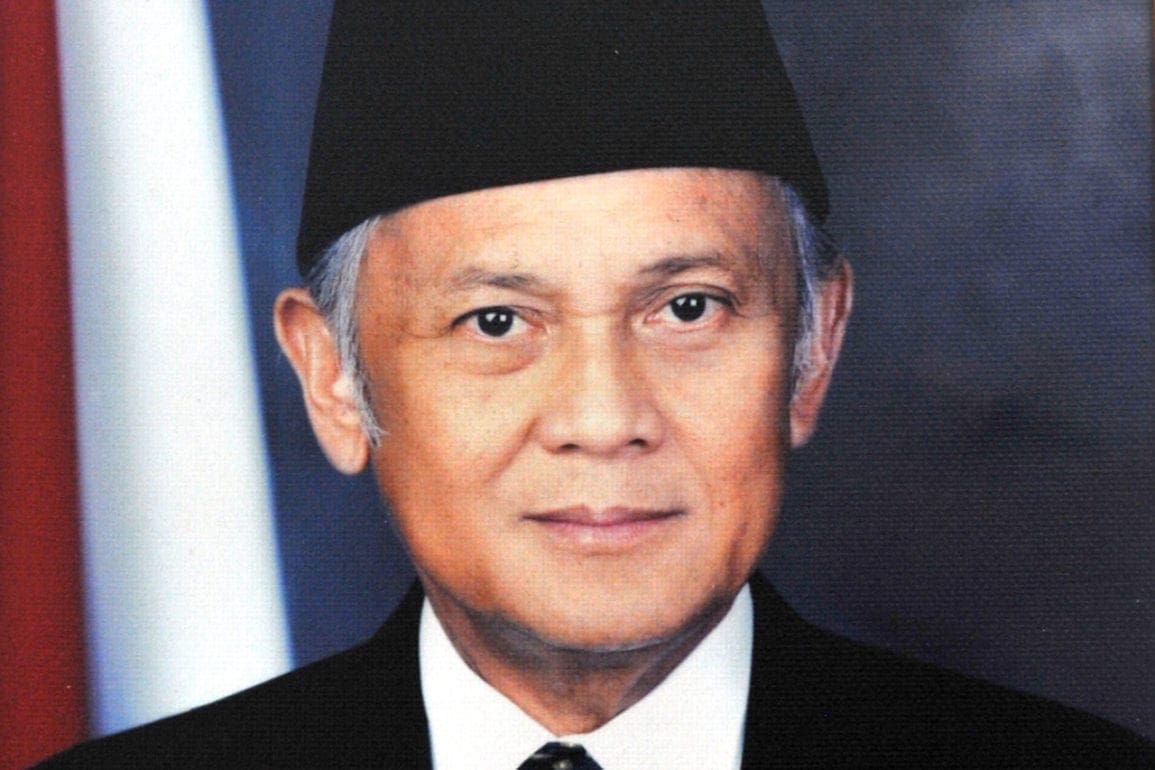Decade-long fight weighs on Kenyan activist
Phyllis Omido continues to fight for change after an appeal brought a decade-long battle back to the surface.
- 4 years ago
December 11, 2020
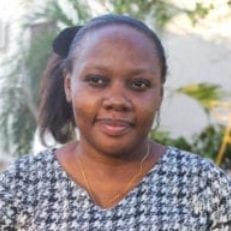
MOMBASA, Kenya — It was a decade of struggle.
People in my community had lost their lives. The stress alone weighed so heavy on my heart that, at one point during the fight, my weight dropped to 40 kgs.
Our case against the Kenyan government for allowing a battery-smelting factory to operate illegally consumed me. They continued despite an environmental impact report that warned of the dangerous aftermath.
But, after ten years of fighting, we had won. The courts directed the government to compensate everyone affected by the poisonous lead fumes and discharge emitted by the factory to the tune of $12 million. It was time to rest. It was finally over.
Then the state machinery appealed the Supreme Court ruling. This never-ending saga of justice sabotage continues.
If I am to describe the emotion I am feeling now, it would be anger.
I have lived my worst nightmares in the past ten years of pursuing this case. Once the court case began, so did the threats, intimidations, and harassment towards my life from the political class and the police.
I have been accosted and beat up by hooligans at my residence and threatened to drop the case. I have been picked from my place of residence by men calling themselves the police, locked up on trumped-up charges only for the court to throw out the cases for lack of evidence.
And I have feared for my life.
But my biggest fear is that those impacted by this disaster will die without seeing the justice they deserve. The year 2012-2014 was the worst, as every week we were burying someone. It started with adults dying at an alarming rate, and then the children. Taking care of the widows, widowers, and orphans that are left behind weighs heavy on my shoulders.
I see and even dream of the people who died. They come to me in my dreams and ask me to soldier on, and others ask that I take care of their families. That is the nature of my work that I cannot escape. They had become like family to me through our daily interactions. We started this journey to justice together, but some were too sick to continue with me to the end.
When I feel overwhelmed, I talk to friends and seek professional help. I realize that as an activist, the word strong defines you a lot and people rarely ask about your mental well-being. I have to take charge and ask for help when I feel like I am drowning.
Triggers that keep me going
A decade of following up on the same case makes one come up with a variety of reasons to continue with the push for justice at every stage. At first, it was for my son. Now it’s for the residents of the Owino Uhuru slum.
The Center for Justice Governance and Environmental Action registered in 2012 as an outfit to legalize our voices. Along the way, I have received a lot of support from individuals, human rights agencies, and the international community. Several times these organizations have intervened in my court cases both financially, legally, and by raising the alarm, if need be.
Since I started on this journey, I have every documentation detailing the atrocities that the people of the Owino Uhuru slum have gone through as a result of the choices that mandated agencies and the government made in disregard to human dignity.
I will only let go when they get justice.

